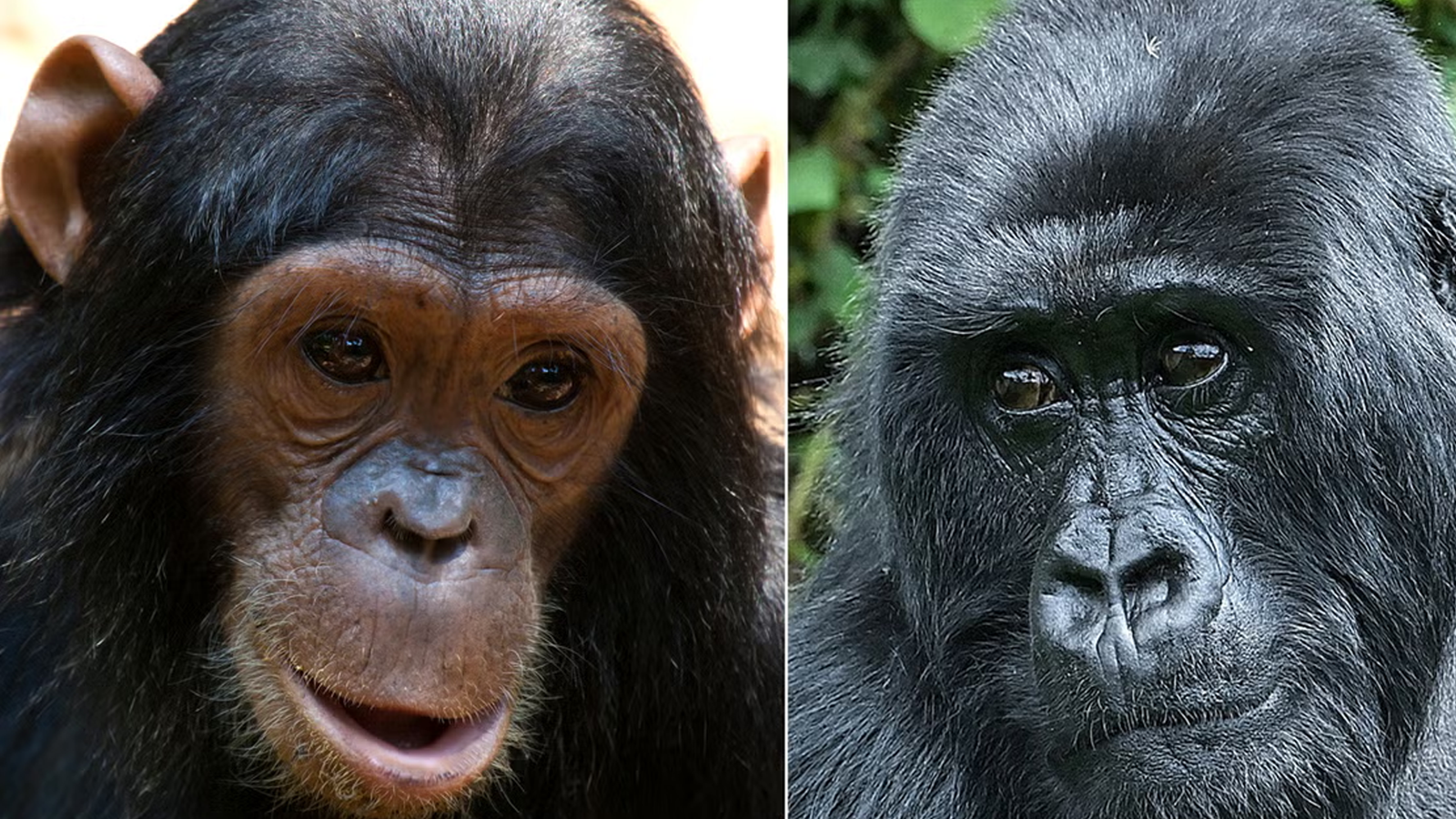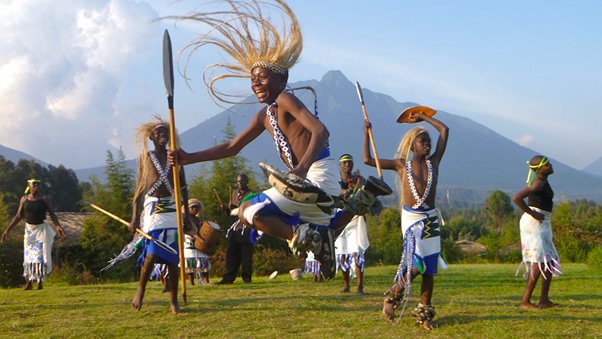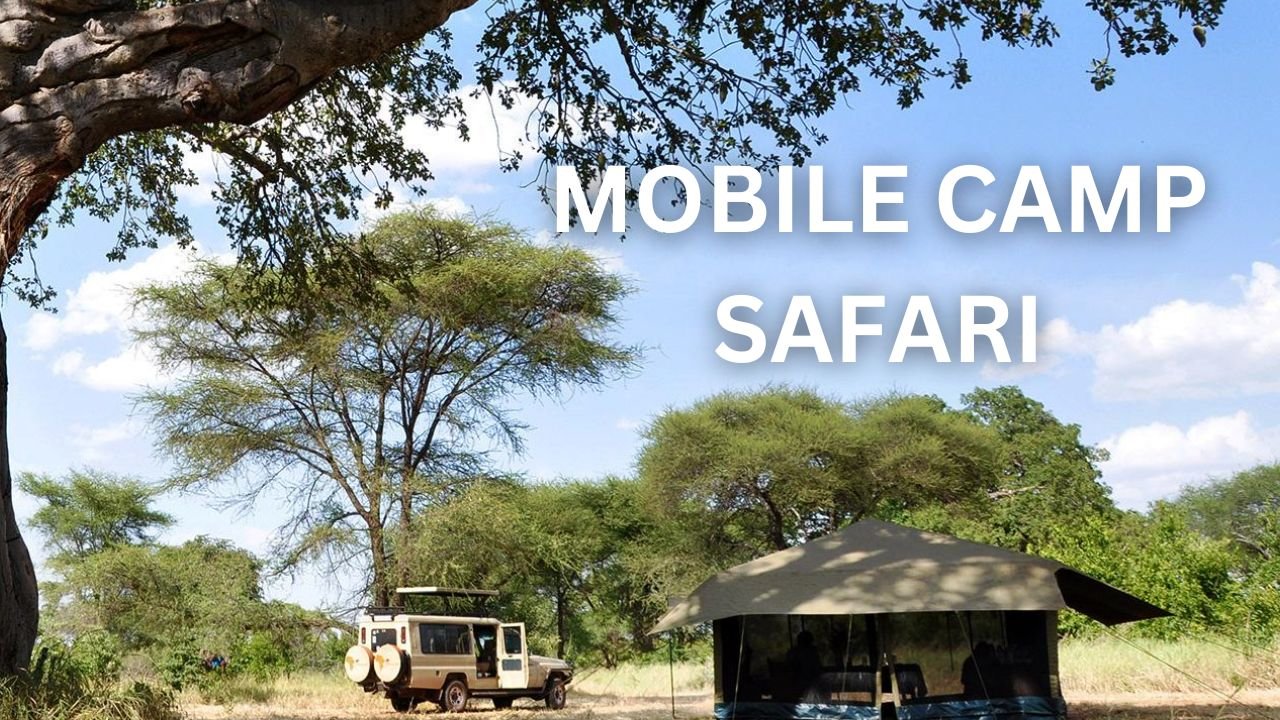
- Handcrafted items: Support local artisans by purchasing handcrafted items such as traditional crafts, woven baskets, woodcarvings, or beadwork. These products are often made from sustainable and locally-sourced materials.
- Eco-friendly clothing and accessories: Look for t-shirts, hats, and bags made from organic or recycled materials. These products often have unique designs that reflect the park’s biodiversity or conservation messages.
- Wildlife-inspired artwork: Support local artists who create paintings or prints inspired by the park’s unique flora and fauna. This promotes local talent and raises awareness about the importance of conservation.
- Sustainable jewellery: Look for jewellery made from ethically sourced materials, such as recycled metals and sustainable gemstones. Pieces inspired by local wildlife or traditional designs can be meaningful reminders of your visit.
- Natural skincare products: Some souvenir shops offer locally-made skincare products using natural and organic ingredients sourced from the region. Buying these items can support local businesses and promote sustainable practices.
- Fair-trade coffee and tea: Bwindi national park is surrounded by coffee and tea plantations. Purchasing fair-trade coffee or tea products supports local farmers and ensures ethical and sustainable farming practices.
- Conservation-themed books and guides: Consider buying books or field guides about the park’s biodiversity and conservation efforts. These items can deepen your understanding of the area and support local writers and researchers.
- Seedlings or tree planting certificates: Some souvenir shops or conservation organizations offer the opportunity to purchase tree seedlings or tree planting certificates. This initiative contributes directly to reforestation and biodiversity conservation efforts.
- Sustainable bags or water bottles: Look for reusable bags or water bottles with conservation messages or Bwindi-themed designs. Using these products during your travels reduces single-use plastic waste.
- Traditional Handwoven Crafts: Local artisans often create beautiful handwoven crafts like baskets, mats, and bags using natural fibbers from local plants. These crafts showcase traditional designs and techniques passed down through generations.
- Woodcarvings: Skilled woodcarvers in the region produce intricate sculptures and figurines, often depicting wildlife, traditional symbols, or cultural scenes. These carvings are a testament to the artistic talent and cultural significance of the local communities.
- Beadwork: Beadwork is an essential aspect of many African cultures, and the communities near Bwindi create stunning bead jewellery, accessories, and decorative items. Each design often holds cultural and symbolic meaning.
- Traditional Clothing and Textiles: Local communities produce colourful and vibrant traditional clothing and textiles using traditional methods and patterns. These items can make unique and meaningful souvenirs.
- Pottery: Some communities are skilled in pottery, creating both functional and decorative clay pots, vases, and utensils. The pottery often incorporates traditional patterns and designs.
- Musical Instruments: Local artisans may craft traditional musical instruments such as drums, flutes, or lyres. These instruments are an essential part of the region’s cultural performances and ceremonies.
- Batik Artwork: Batik is a traditional art form where wax is used to create designs on fabric, which is then dyed to produce intricate patterns. Batik artwork often features wildlife and nature themes.
- Raffia Crafts: Raffia palm leaves are used to make various crafts, including hats, placemats, and wall hangings. These items showcase the natural resources found in the area.
- Indigenous Herbal Products: Some local communities produce natural herbal products, such as soaps, oils, and teas, using locally sourced ingredients with traditional medicinal properties.
- Support Local Livelihoods: Purchasing sustainable souvenirs and local crafts directly from the communities surrounding the park provides a direct and positive economic impact. It helps support local artisans and their families, providing them with a sustainable source of income. By buying from these communities, tourists contribute to poverty alleviation and empowerment of local people.
- Preserve Cultural Heritage: Many of the crafts and souvenirs sold by local communities are deeply rooted in their cultural heritage. Buying these items helps preserve traditional craftsmanship and cultural practices, ensuring that these skills and traditions are passed down to future generations.
- Conservation Funding: Some community-based initiatives use the proceeds from sustainable souvenir sales to support conservation efforts. By purchasing these souvenirs, tourists indirectly contribute to the protection of Bwindi National Park’s unique biodiversity and ecosystems.
- Reduce Environmental Impact: Sustainable souvenirs are often made from eco-friendly materials, such as recycled or locally sourced materials, which have a lower environmental footprint. Buying such souvenirs helps reduce the demand for mass-produced, environmentally harmful products.
- Promote Responsible Tourism: Supporting local communities and buying sustainable souvenirs aligns with the principles of responsible and ethical tourism. It shows respect for local cultures, promotes social responsibility, and fosters a deeper connection between tourists and the places they visit.
- Authenticity and Meaningful Connections: Purchasing local crafts and sustainable souvenirs provides tourists with authentic and meaningful mementos of their trip to Bwindi National Park. Each item carries a story, cultural significance, and reflects the beauty of the region’s natural and cultural heritage.
- Encourage Fair Trade Practices: Buying from local communities or reputable fair-trade shops ensures that artisans receive fair compensation for their work and are not exploited by middlemen. Fair trade practices promote social equity and sustainable development.
- Raise Awareness: Sustainable souvenirs and local crafts often incorporate conservation themes or depict local wildlife and natural beauty. These items can serve as conversation starters, allowing tourists to share their experiences and raise awareness about the importance of conservation and sustainable tourism.



